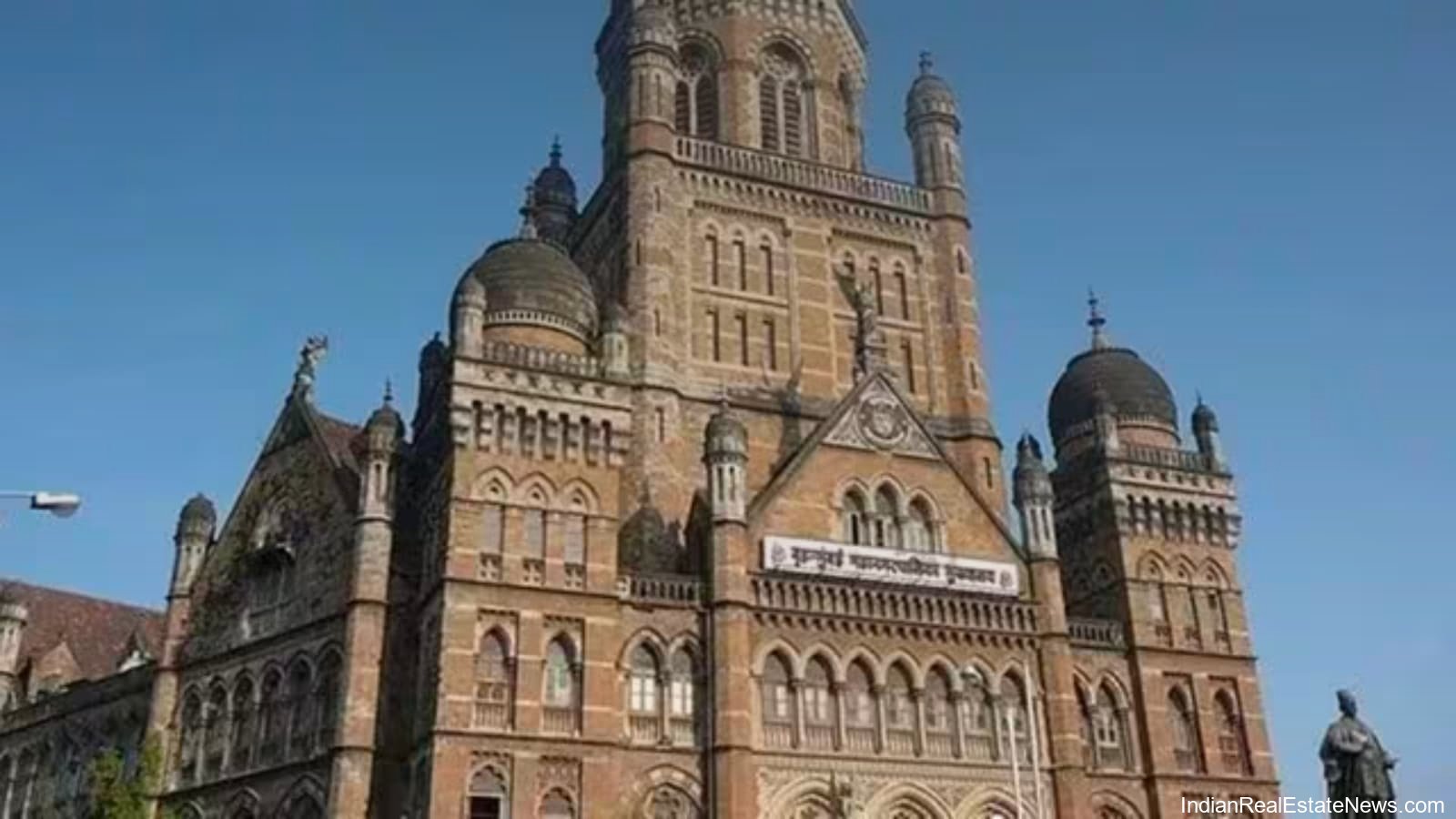Home renovations can be an exciting venture, promising improved aesthetics and functionality. However, in a city like Mumbai, where regulations are stringent, homeowners must tread carefully to avoid illegal renovations. The Brihanmumbai Municipal Corporation (BMC) has laid down specific guidelines to ensure that any repair work undertaken adheres to legal norms. This article dives into the essential BMC guidelines to help you navigate your home renovation project without legal hitches.
Understanding BMC’s Role in House Repairs
The BMC is responsible for ensuring that construction and renovation activities within Mumbai adhere to city planning and safety regulations. The guidelines are in place to maintain structural safety, aesthetic coherence, and environmental standards. Ignoring these regulations can result in penalties, dismantling of unauthorized work, or even legal action.
Key Guidelines for Legal Renovations
- Approval Requirement: Any structural changes require prior approval from the BMC.
- Permitted Activities: Cosmetic changes like painting or minor repairs typically do not need approval.
- Floor Area Ratio (FAR): Alterations must not exceed the permissible FAR of the building.
- Heritage Buildings: Special permissions are required when dealing with heritage structures.
- Environmental Considerations: Ensure compliance with environmental norms, especially for water and waste management.
Quick Facts Table
| Guideline | Requirement |
|---|---|
| Approval Needed | Yes, for structural changes |
| Cosmetic Changes | No approval needed |
| FAR Compliance | Must comply |
| Heritage Building | Special permissions required |
| Environmental Norms | Must comply |
Common Pitfalls and How to Avoid Them
Many homeowners inadvertently fall into the trap of illegal renovations due to a lack of awareness or misinformation. It’s crucial to understand what constitutes an illegal renovation and take steps to avoid them.
“Awareness and compliance are key. Homeowners must be diligent in understanding the regulations before commencing any renovation work,” says a BMC official.
Steps to Ensure Compliance
- Consult with a licensed architect or contractor familiar with BMC guidelines.
- Apply for necessary permissions well in advance.
- Adhere strictly to the approved plans.
- Regularly update yourself with any changes in BMC regulations.
FAQs on BMC House Repair Guidelines
Q1: What types of renovations require BMC approval?
A: Any structural changes, including alterations to walls, windows, or building extensions, require approval.
Q2: How can I apply for renovation approval from the BMC?
A: Applications can be submitted online through the BMC’s official portal or in person at designated offices.
Q3: What are the consequences of unauthorized renovations?
A: Unauthorized renovations can lead to fines, demolition of the work, and possible legal action.
Q4: Are there specific guidelines for renovating heritage buildings?
A: Yes, special permissions are needed, and any renovation must preserve the building’s historical integrity.
Q5: How often do BMC guidelines change?
A: While there is no fixed schedule, guidelines can be updated periodically. It’s essential to stay informed through the BMC website or official notifications.
In conclusion, while home renovations can enhance your living space, it is crucial to remain compliant with BMC regulations to avoid legal complications. By following the outlined guidelines and staying informed, homeowners can ensure a smooth and lawful renovation process.
